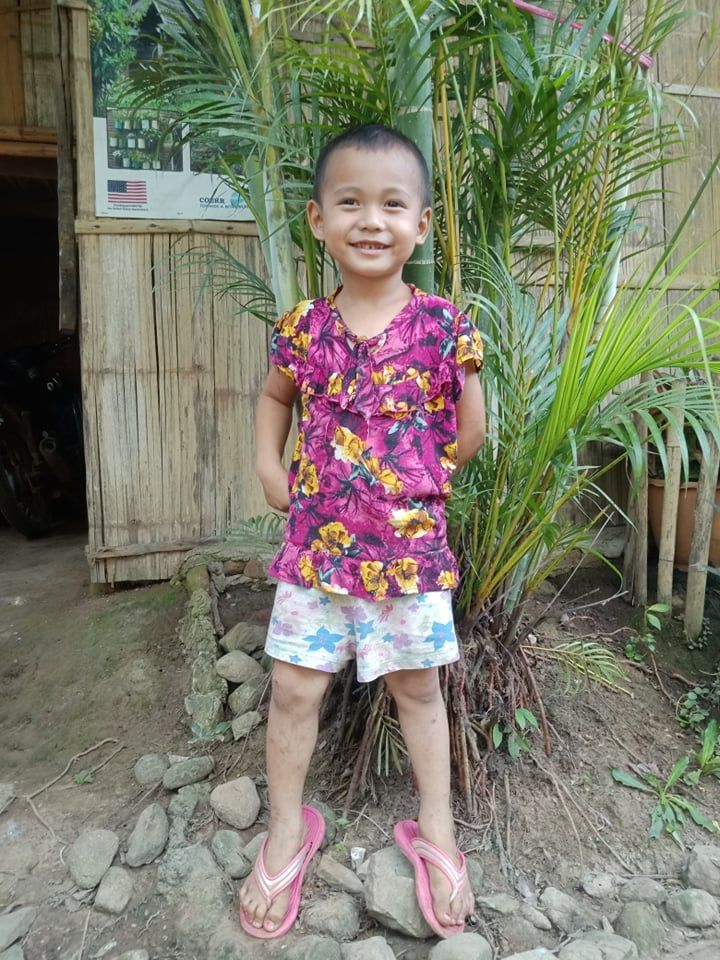“Sometimes we can offer a cure, sometimes only a salve, sometimes not even that. But whatever we can offer, our interventions, and the risks and sacrifices they entail, are justified only if they serve the larger aims of a person’s life... When we forget that, the suffering we inflict can be barbaric. When we remember it the good we do can be breathtaking.” -Dr. Atul Gawande
We set out each morning not only to grow Watsi's impact but to also deepen our impact for our patients around the world. One big question hangs over this: how can we truly measure our impact in an honest and meaningful way?
Here's how we landed on a radically simple approach to impact & accountability at Watsi. As they say in the Twitterverse, a 🧵:
Step 1: Listen to the people you serve first.
Our very first conversations were with our local medical partners around the world. We listened to the needs and challenges of our patients. We tried to learn more about what impact our medical partners hoped to have on their patients' lives. We also asked what their hospitals already tracked so that we wouldn't add additional burden and administrative paperwork to their already full plates.
Step 2: Consult the experts, but build your own perspective.
Next, we spoke with some of the leading experts and brightest minds in global health and social impact. We talked with a team at Harvard University, leaders of social impact organizations, and top funders from across our sector. They all suggested (with great confidence) their unique approach and measurements for Watsi to track.
Step 3: Keep it simple.
The takeaways from our initial research didn't sit right. The common approach to measuring impact would likely be onerous for our patients and local medical partners, complicated and inefficient, at times not culturally appropriate, and still may not even provide certainty around our true impact on the real lives of the people we are trying to help.
We took a step back and determined that Watsi needed to take a new approach.
Step 4: Lean into your values.
Rooted in our values of people over path (putting our patients, health workers, and community partners' needs first), listen & learn (understand problems before prescribing solutions), and move forward (be creative in finding even small ways to keep moving forward, adapting as you try things out), we co-created with our local medical partners a new focus on a radically simple idea of impact & accountability:
In their own eyes, could our patients do more of what they had hoped they would be able to do after treatment?
Step 5: Create space for people to speak for themselves.
Together with our partners, we followed up with patients at home around the world who all had medical treatment funded by Watsi at least six months earlier. We asked them this simple question and then we listened.
What we found was incredible. 100% of participants shared that they had already seen the improvements in their life they hoped for or believed they would see them in the near future.

We learned that Say, a four-year-old refugee from Burma, was back to playing with his siblings and friends without pain from his hernia. He's now fully healed and his mother shared that she finally has relief from her worries about his health. Say told us that he now wants to be a doctor when he grows up! 🩺
Our patients and their families shared openly and honestly that life wasn't perfect by any stretch, but they were back to doing more of what they wanted and needed to be doing to live a full life. We can't imagine a better impact than this.
We invite you to join our Universal Fund today to help make this life-changing impact possible for a new Watsi patient, all year long:
Mackinnon Engen
Executive Director @Watsi